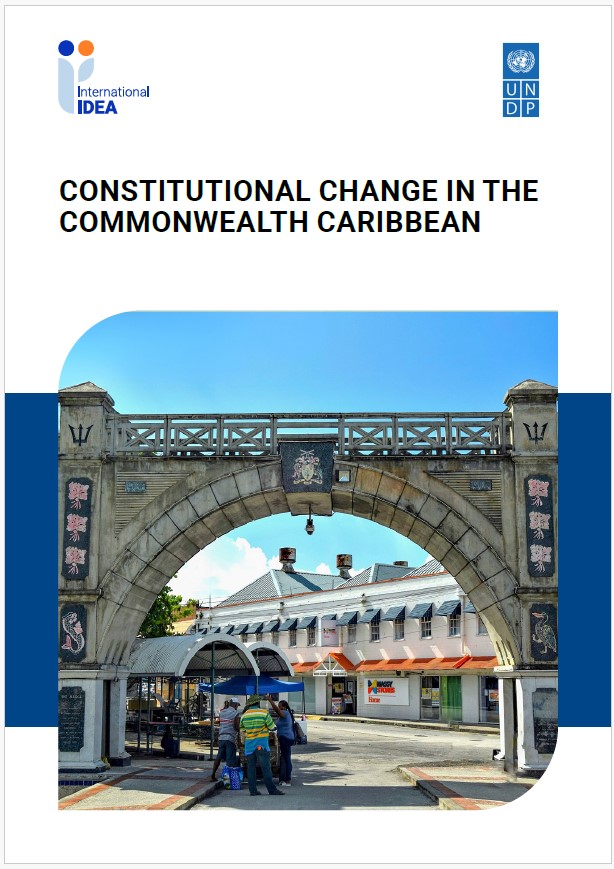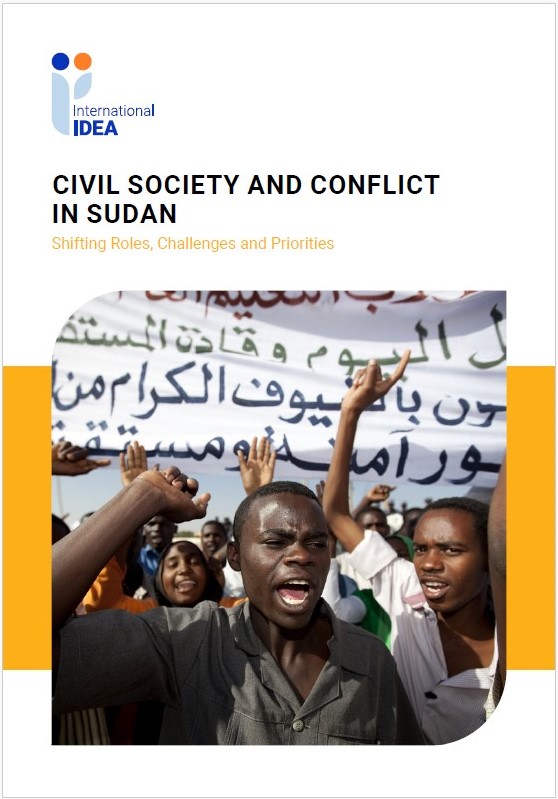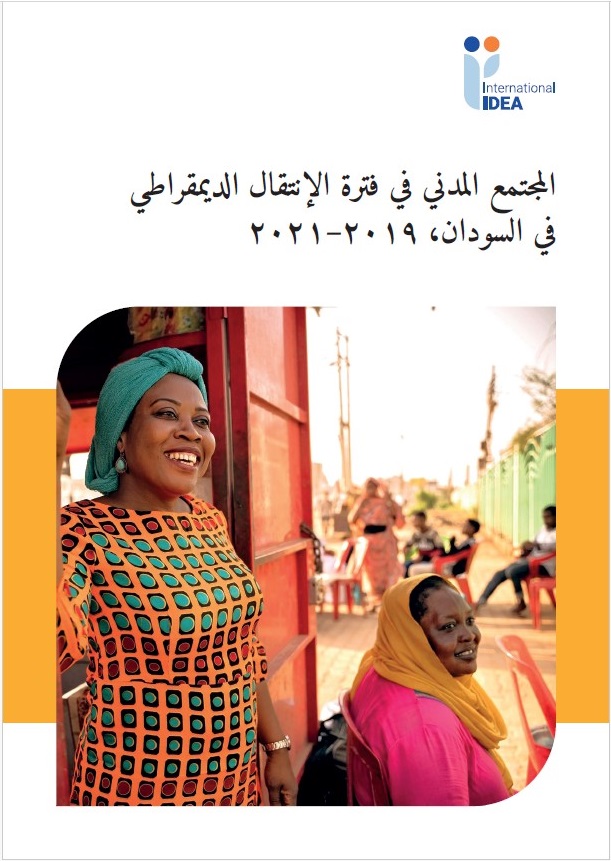The Africa Programme and the Netherlands Institute for Multiparty Democracy (NIMD) are hosting the Conference on Political Parties in a Fast Changing, Technology Driven Environment, in Addis Ababa from 10-12 December.
Search
Region
Country
Type
Starting today, staff of the Independent Electoral Commission of Lesotho (IEC) will meet up in Maseru for a five-day BRIDGE workshop on civic education and voter information. The workshop takes place in the context of and forms a platform for discussing the IEC’s increased engagement in this regard.
In their follow-up report presented on 3 December, International IDEA and UCAB regret that the recommendations presented by the Study Mission at the beginning of the campaign, aimed at overcoming the weaknesses in the system and the electoral process, have not been heeded.
Launching of a vigorous campaign to publicize voting secrecy, guaranteeing effective conditions of fairness for all political organizations, strengthening international observation and lifting the state of emergency in place in border states, are the main recommendations in the Study Mission’s proposal to Venezuelan government authorities.
Mongolia, which this year celebrated the 25th anniversary of its transition to democracy, presented the priorities for its new role as 2016 Chair of International IDEA under the theme of "Learning from Democratic Transitions." This focus draws on the country’s rich experiences of building democratic institutions and strengthening democratic values.
While risk management has been an integral part in the business sector for decades the practice remains rare when it comes to electoral management bodies (EMBs).
In a recent survey commissioned by International IDEA only 18 out of 89 countries said they had formal electoral risk management procedures in place while 35 countries reported not having any electoral risk management procedures at all.
When introducing or using information and communications technologies (ICTs) in elections, electoral management bodies (EMBs) usually need to assure themselves and other stakeholders that a given technical solution is going to work—that is, that it fulfils legislated requirements, is secure and trustworthy, is of high quality, and will perform as expected.
Esta investigación presenta un diagnóstico sobre la situación de las mujeres en el interior de los partidos políticos en América Latina.
Many Asian countries are experiencing a commercialization of politics which translates into a sense of rising overall costs for campaigning. State funding is often marginal (or even non-existent) and candidates without sufficient resources at their disposal find it hard to compete, since their parties often do not finance their candidates’ campaigns.
Free, fair and credible elections are the centrepiece of any democracy and electoral management bodies (EMBs) are often the organizations tasked with putting theory into practice when organizing elections.
The challenges they face might vary from logistical, technical and practical to security issues, low participation and making sure everyone accepts the outcome of the elections. And examples of both failed and successful solutions are many.
The Electoral Commissions Forum of Southern African Development Community Countries (ECF-SADC), in partnership with International IDEA and in cooperation with Independent Electoral Commission of South Africa hosted a three-day roundtable on Elections & Youth: Entry points for electoral management bodies (EMBs) from 24-26 November at IEC South Africa head offices in Centurion, Pretoria.
The Secure and Fair Elections (SAFE) Workshop Model Curriculum combines academic and practitioner perspectives to provide a holistic insight into the principles, challenges and good practices related to electoral security.
The youth generation in Africa is booming, with one-third of the population aged between 15 and 35.
At the same time, youth tend to be disengaged from the democratic process. Young people vote less frequently, stand as candidates less often and remain underrepresented in electoral managerial functions.
Durante los últimos doce meses IDEA Internacional ha venido mostrando la exhibición sobre procesos electorales durante actividades particulares y conferencias en el Continente Americano, Europa y África.
Esta muestra educativa incluye cuatro exhibiciones y un componente interactivo diseñado para introducir el mundo electoral, así como el trabajo de IDEA en el campo de los procesos electorales ante el público en general y ante las partes interesadas.
During the past 12 months, International IDEA has been showcasing the electoral processes exhibition during particular events and conferences in the Americas, Europe and Africa.
The educational exhibition includes four displays and an interactive component designed to introduce the world of elections as well as International IDEA’s work on electoral processes to the general public and stakeholders.
Speaking at a UN event on how to engage young people in democracy the UN Deputy Secretary-General Jan Eliasson pinpointed one of the major problems in democracy today.
While young people between the ages of 15 and 25 constitute a fifth of the world’s population their influence on national politics remains limited.
The struggle between freedom and control in open society is constantly a hot topic in many democracies, but perhaps more so today given recent events in Paris. How can democracy deliver safety, prosperity and freedom to all?
This question was central to this year’s annual Forum for Democracy, organized by the Council of Europe in Strasbourg, France, and it is also central in International IDEA’s book Democratic Transitions: Conversations with World Leaders.
The use of social media during elections has increased dramatically in recent years.
Electoral management bodies (EMBs) have noted stakeholders’ increasing reliance on social media throughout the electoral cycle, but have also voiced concerns about the potential use of social media to spread hate speech, misinformation and rumours.


